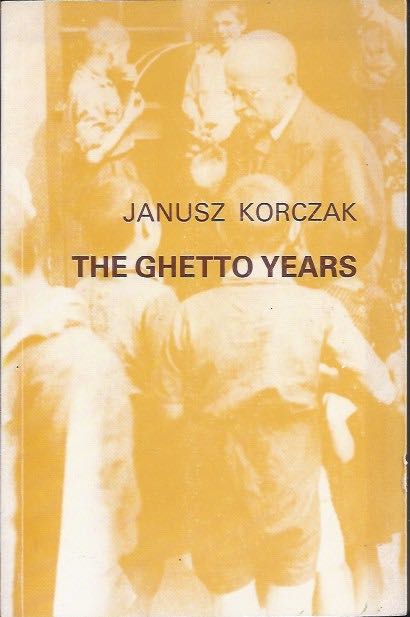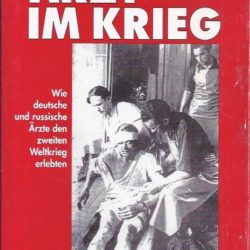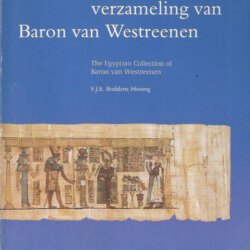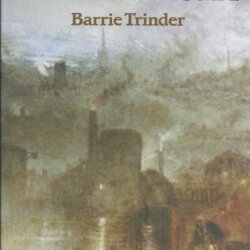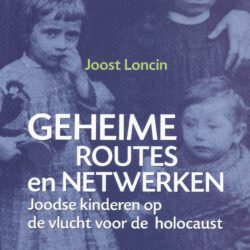The Ghetto years: 1939-1942
Janusz Korczak
Extra informatie
| Staat | |
|---|---|
| Titel | |
| Schrijver(s) | |
| Uitgever | The Ghetto Fighters' House & Hakibbutz Hameuchad Publishing House |
| Publicatiedatum | |
| Aantal bladzijden | |
| Genre | |
| EAN |
In 1939, when World War II erupted, Korczak volunteered for duty in the Polish Army, but was refused due to his age. He witnessed the Wehrmacht takeover of Warsaw. When the Germans created the Warsaw Ghetto in 1940, his Jewish children orphanage was forced to move from its building, to the Ghetto. Korczak moved in with them. In July, Janusz Korczak decided that the children in the orphanage should put on Rabindranath Tagore’s play The Post Office.
On 5 or 6 August 1942, German soldiers came to collect the 192 orphans and about one dozen staff members to transport them to Treblinka. Korczak had been offered sanctuary on the “Aryan side” by the Polish underground organization Zygota, but turned it down repeatedly, saying that he could not abandon his children. On 5 August, he again refused offers of sanctuary, insisting that he would go with the children.
The children were dressed in their best clothes, and each carried a blue knapsack and a favorite book or toy. Joshua Perle, an eyewitness whose wartime writings were saved in the Ringelblum archive described the procession of Korczak and the children through the Ghetto to the Umschlagplatz (deportation point to the death camps):
Janusz Korczak was marching, his head bent forward, holding the hand of a child, without a hat, a leather belt around his waist, and wearing high boots. A few nurses were followed by two hundred children, dressed in clean and meticulously cared for clothes, as they were being carried to the altar.
— Ghetto eyewitness, Joshua Perle
According to eyewitnesses, when the group of orphans finally reached the Umschlagplatz, an SS-officer recognized Korczak as the author of one of his favorite children’s books and offered to help him escape. Whatever the offer, Korczak once again refused. He boarded the trains with the children and was never heard from again.
Korczak’s greatest legacy is perhaps the inspiration he provided for the promotion of children’s rights worldwide, through not only his books, speeches and writings, but also by his personal example. Most of his ideas were included in the UNESCO charter for children’s rights after the war.
€5.95
1 op voorraad
Waarom tweedehands boeken van boekenvinden.nl?
- Geef een gebruikt boek een nieuw leven
- Al onze boeken zijn in goede staat
- 14 dagen retourneren
- Gratis verzending vanaf €30,-
- Veilig betalen met iDeal of Paypal
- Vraag? Stuur ons een mailtje
- Deel dit product
Bekijk ook deze eens
Gerelateerde producten
-

November Romeo Treed nader!
€5.00 Toevoegen aan winkelwagen -

Arzt im Krieg
€34.95 Toevoegen aan winkelwagen
Karlheinz Schneider-Janessen -

De Egyptische verzameling van Baron van Westreenen
€8.00 Toevoegen aan winkelwagen
F.J.E. Boddens Hosang -

The making of the industrial landscape
€12.95 Toevoegen aan winkelwagen
Barrie Trinder -

Geheime routes en netwerken
€5.95 Toevoegen aan winkelwagen
Joost Loncin
